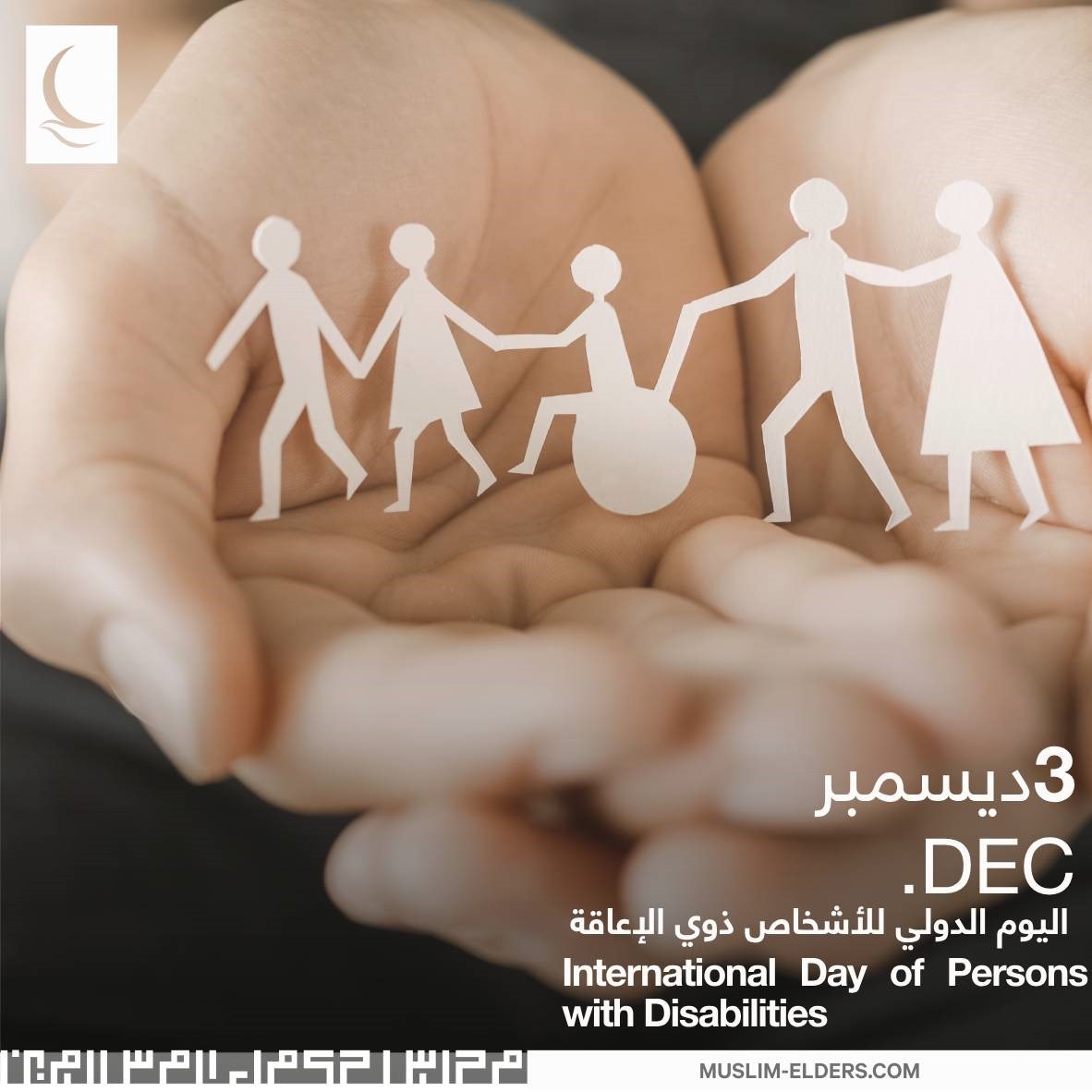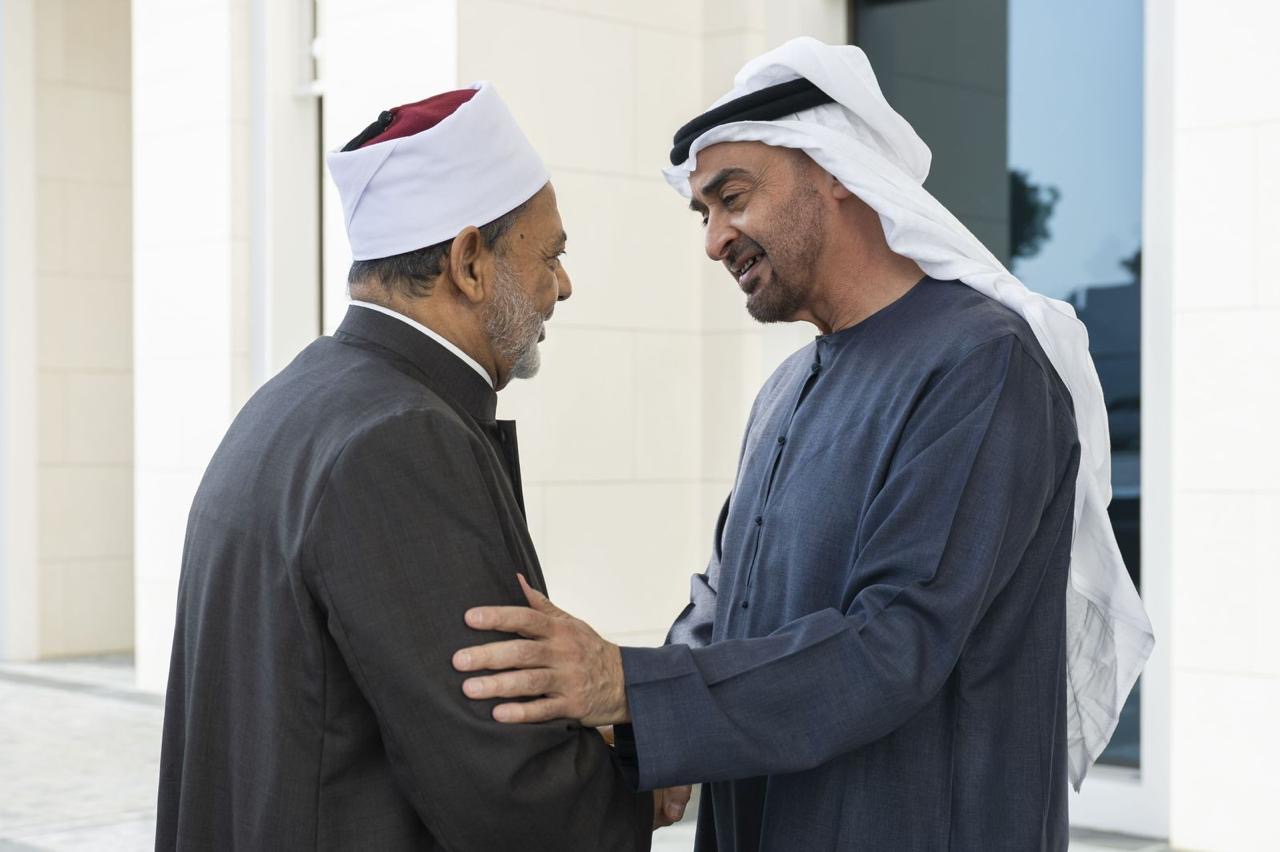Third Day of the Faith Pavilion at COP29 discusses the Role of Faith and Science in Achieving Climate Justice
The third day of the Faith Pavilion at COP29 hosted a series of discussion sessions that brought together religious leaders, scientific experts, and policymakers. These sessions addressed the challenges posed by climate change, emphasizing the importance of collaboration between faith and science. Topics included the role of faith communities in supporting climate adaptation efforts, the necessity of achieving climate justice to assist the most vulnerable, the impact of conflicts on adaptation efforts, and the need for comprehensive solutions that link nature restoration with social cohesion.
In his opening remarks, H.E. Ambassador Majid Al-Suwaidi, Director General and Special Representative of the UAE COP28, commended religious leaders for their exemplary role, particularly in promoting values such as tolerance and mutual respect, which are vital for protecting the Earth, humanity's shared home. He described the establishment of the Faith Pavilion at COP28 as a groundbreaking step, providing a unique platform for dialogue among religious leaders, scientists, policymakers, youth, and indigenous representatives. He emphasized the Pavilion’s ongoing role in COP conferences as a global hub for inclusive and intergenerational climate discussions.
Lord Alok Sharma, President of COP26, stated in his opening address that the world is experiencing a state of uncertainty, but three facts remain certain: the worsening of climate change, negative cash flows, and the urgent need for increased funding to support developing countries. He emphasized the pivotal role of faith leaders in global climate action, explaining that collaboration between science and religion is essential to achieving climate neutrality and limiting global warming to 1.5 degrees Celsius. He noted that significant efforts have been made at COP26, COP27, and COP28 to achieve this critical goal.
In the first session, titled "Inclusive Climate Justice for All," speakers stressed the need for holistic approaches to ensure climate justice and improve the lives of those most vulnerable to climate change. Discussions emphasized the importance of adequate funding for climate initiatives to ensure resources reach those in greatest need. Participants shared global initiatives demonstrating the positive impact of empowering vulnerable communities to adapt to and recover from climate challenges.
The second session, "Breaking Barriers: Navigating Adaptation Limits—Addressing Loss and Damage through Inclusive and Innovative Climate Action," focused on the unavoidable impacts of climate change that mitigation and adaptation cannot address. Speakers underscored the necessity of mitigation to limit future climate impacts and called for the development of effective monitoring and evaluation systems to refine responses to loss and damage.
In the third session, "Climate Action as a Conflict Resolution Tool within Multi-Faith Communities," discussions centered on how climate change exacerbates crises and conflicts. Participants highlighted challenges faced by pastoralist communities due to shifting seasonal patterns, leading to resource disputes with farmers. They emphasized the need to integrate humanitarian aid with climate justice to support affected communities and ensure agricultural sustainability lost to conflicts.
The fourth session, "The Role of Faith and Science in Climate Negotiations," explored the integration of faith and science in addressing climate challenges. Participants stressed the influence of faith, as 85 percent of the world’s population identifies as religious, and called for shared values like justice and peace to hold policymakers accountable for climate action.
The final session, "Adaptation and Social Cohesion: How Nature Restoration and Faith Interacts for Successful Transformation," emphasized the need for transformational adaptation in vulnerable and conflict-affected nations. Participants noted that 70 percent of the most climate-vulnerable countries are also the most fragile, highlighting the compounding challenges of climate change and conflicts. They called for tangible and effective adaptation strategies that link climate resilience with social cohesion.

